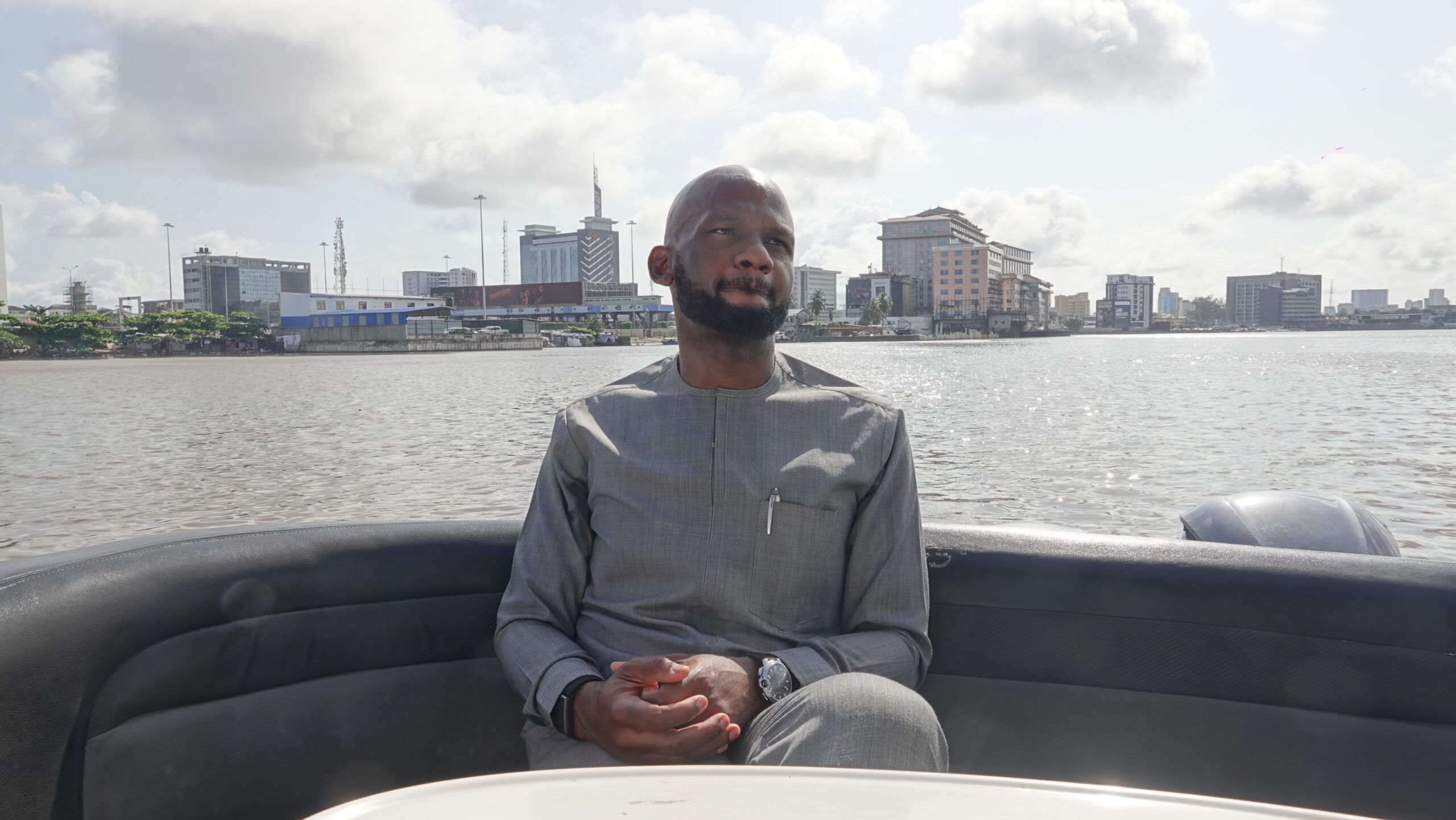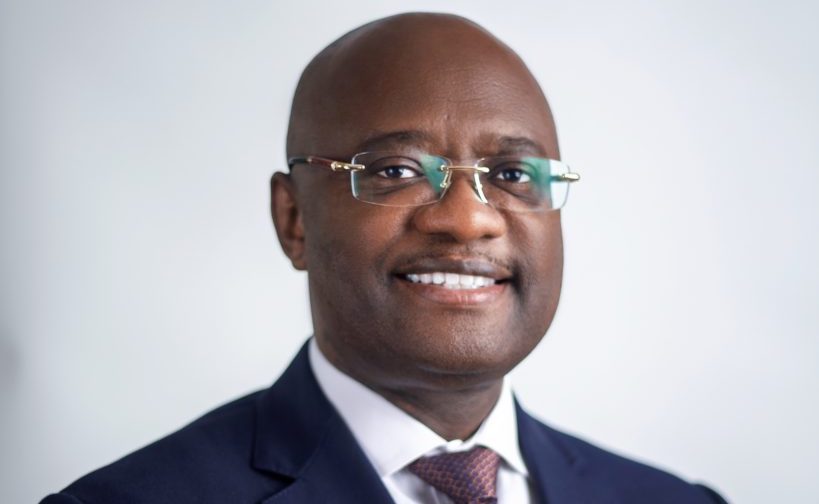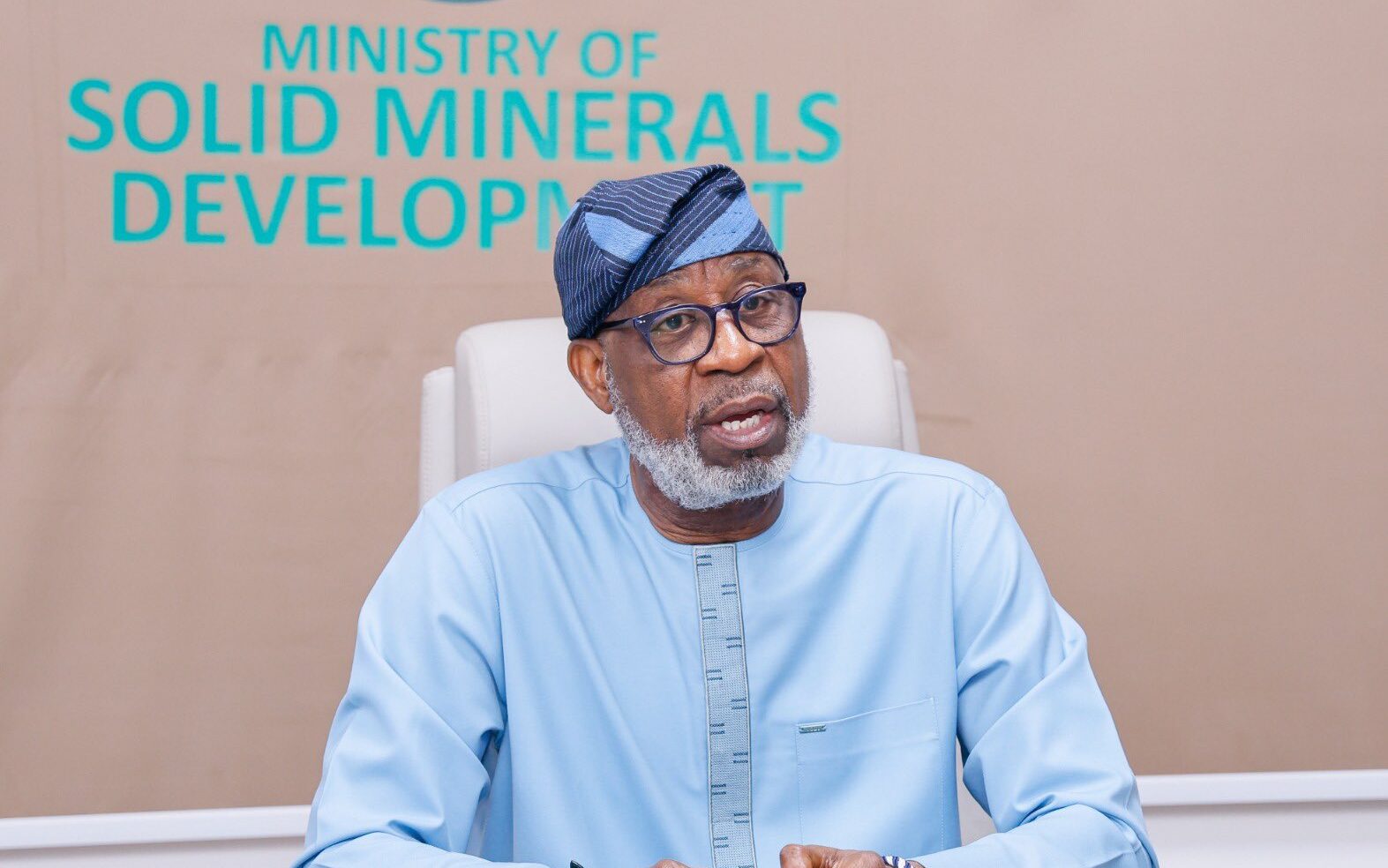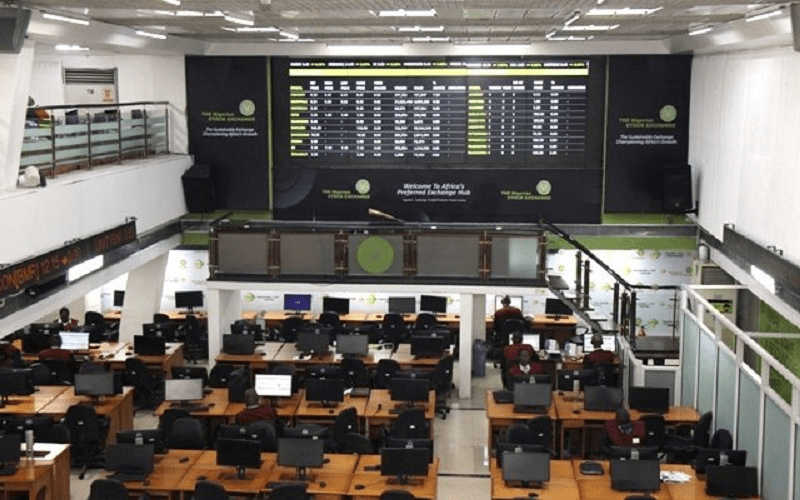Ghana’s Ministry of Education has clarified that the compulsory use of Ghanaian languages as a medium of instruction applies only to children from Kindergarten to Primary Three, not across all levels of basic education.
The clarification follows public debate after Education Minister Haruna Iddrisu announced that the use of mother tongue in teaching would become mandatory in all schools.
Speaking at the launch of the Foundational Learning Action Tracker in Accra on Monday (27 October), Deputy Minister for Education, Clement Apaak, said the ministry’s intention had been misunderstood and that the directive covers only the lower primary levels.
“The Honourable Minister for Education has asked me to clarify that the policy directive he announced on Friday regarding the compulsory use of mother tongue as a medium of instruction in our public basic schools is confined, emphasis, confined to KG up to Primary 3,” he said.
“In other words, KG and Lower Primary. Having clarified what seems to have given a few persons sleepless nights, I bring you greetings,” Dr Apaak added.
The original directive from Mr Iddrisu instructed the Ghana Education Service (GES) to ensure that teachers use mother tongue instruction as part of the government’s wider education reform agenda.
“I am directing the DG of the GES and the GES that from today, teacher use of mother tongue instruction is now compulsory in all Ghanaian schools. The GES is to ensure strict enforcement of this… This is part of President Mahama’s reset agenda,” the minister said.
The ministry says the clarification is intended to guide implementation and reassure the public that the policy focuses on strengthening foundational learning rather than replacing English instruction entirely.
The post Education Ministry clarifies scope of mother tongue directive appeared first on The Herald ghana.





